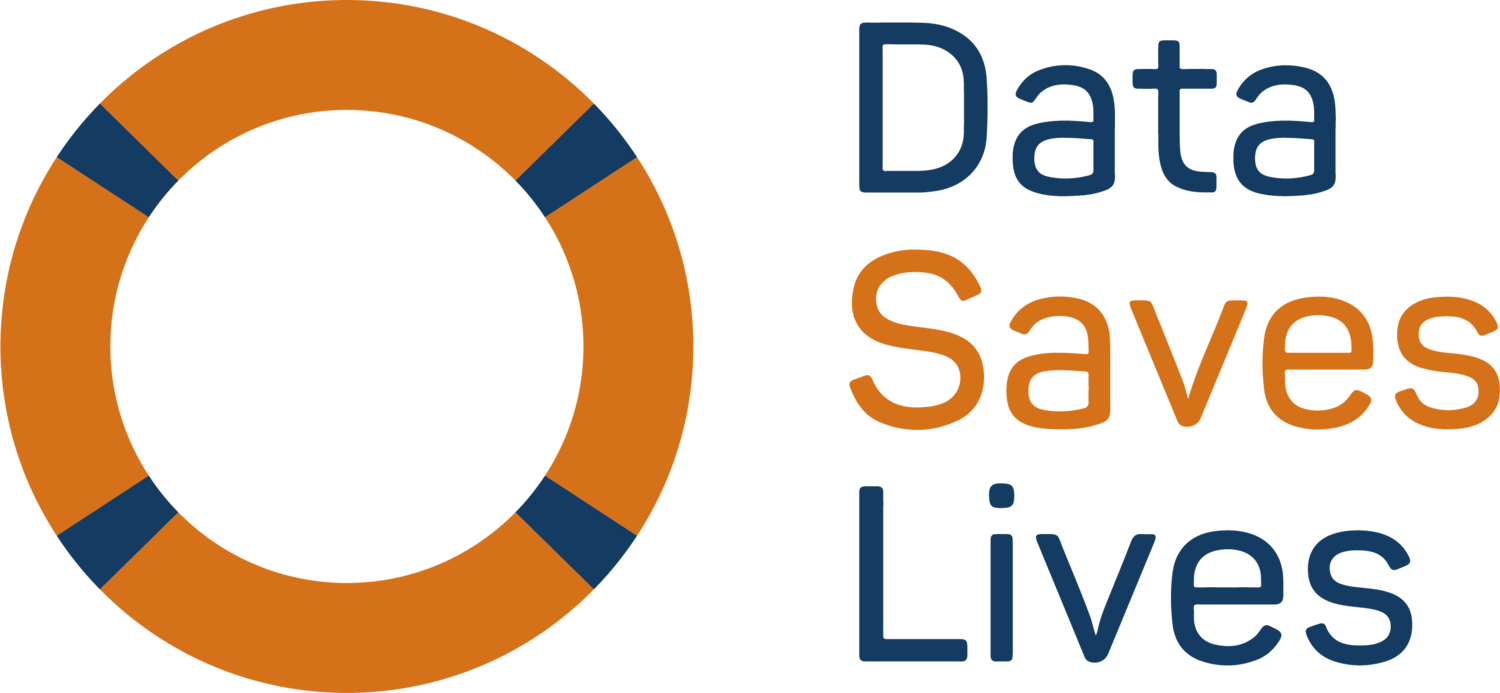As the number of COVID-19 cases continues to grow globally, scientists are rushing to develop a treatment and vaccine that can be made public.
Normally, it takes years for a drug to be tested, and several more before the final product is ready for public use. In comparison, we have made rapid progress in both drug testing and approvals during the pandemic.
Data is part of the jigsaw
Although most research organisations contain a wealth of information, one industry has a trove of clinical data – pharma. Pharmaceutical companies are constantly generating data on new drug compounds, most of which is hidden. One study showed that about a third of clinical trial results submitted for drug approval are never published [1].
Something that is really speeding up drug discovery and development during the pandemic is data sharing between pharma companies – including data from old studies. When countries and companies share data, they each bring a new piece of the puzzle – painting a bigger picture of what is already known so that efforts can be focused on what remains unknown.
Armed with data
There are different ways in which pharma is using data in the battle against COVID-19:
Companies like Boehringer Ingelheim and GSK have opened their drug compound libraries to external researchers.
Other companies, like Pfizer and Novartis, are redirecting their resources to look into data from their previous trials to determine whether this could be used to develop suitable treatments for COVID-19. [2]
Protecting patient privacy
The more data sharing, the better when it comes to beating COVID-19. This is why the European Data Protection Board (EDPB) recently adopted a set of guidelines to share local and international data without compromising patient privacy. The aim is to fuel early breakthroughs in the prevention and treatment of the virus while still keeping personal data safe. [3]
Scientists are also doing their part to help protect patient data by creating data-sharing platforms like the Yale University Open Data Access (YODA) Project. YODA allows researchers to access pharma company trial data while maintaining patient confidentiality. [4]
Data brings people together
It really goes to show that we reach our greatest potential by standing together… 2 metres apart of course!
[1] Miller, Jennifer, Joseph S Ross, Marc Wilenzick, and Michelle M Mello. 2019. "Sharing Of Clinical Trial Data And Results Reporting Practices Among Large Pharmaceutical Companies: Cross Sectional Descriptive Study And Pilot Of A Tool To Improve Company Practices". BMJ, l4217. doi:10.1136/bmj.l4217.
[2] "What Are Pharmaceutical Companies Doing To Tackle COVID-19?". 2020. Abpi.Org.Uk. https://www.abpi.org.uk/medicine-discovery/covid-19/what-are-pharmaceutical-companies-doing-to-tackle-the-disease/.
[3] European Data Protection Board. 2020. "Guidelines 03/2020 On The Processing Of Data Concerning Health For The Purpose Of Scientific Research In The Context Of The COVID-19 Outbreak."
[4] "The YODA Project". 2011. Yoda.Yale.Edu. https://yoda.yale.edu/.
Dr. Nicola Davies
Nicola Davies has her PhD degree in Health Psychology and she is a consultant medical writer. She is also a member of the editorial board of Data Saves Lives.



